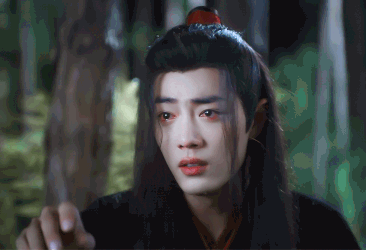My lovely and delightful author friend Melissa McTernan was one of my early readers for Ballad for Jasmine Town, and said recently that she found herself still occasionally thinking about the book, months later. Which to me is such a high compliment! And it has led me to ponder: what is it that makes a story, be it book or show or film, stick in our heads longer than usual?
Plenty of shows or books are perfectly engaging while we’re watching/reading them, but after we’re done, they drop straight out of our consciousness. We barely give them another thought.
Then there are those we can’t stop thinking about. What is it about those? What qualities make them that way?
I have more pondering to do on this, but I have a preliminary theory. These “sticky” stories are ones in which things don’t turn out entirely perfectly.
The ending might be satisfying on the whole, but there are elements that hang around to haunt us, because what happened to some characters was incredibly unfair, even tragic, and there’s no fixing it. (Except of course with fix-it fic!) Problems we want to fix, but cannot, are much likelier to linger in our heads than problems that got neatly tied off and resolved.
Ballad for Jasmine Town has more of those tragic elements than many of my books do. Without giving spoilers, there are some huge unhappy things that befall a whole lot of characters, and even with (okay, minor spoiler) restored peace as the ending mood, those events cannot be undone.
And now that I think about it, the various series for which I have become an obsessive fan have all had that quality. Lord of the Rings has the Grey Havens. BBC Merlin has le morte d’Arthur (a.k.a. That Damned Ending). The Untamed has a brutal body count that includes beloved and/or innocent characters. And so on. Much as I insist that I need sufficient lightness and fun and hope in my stories—which I do, truly!—it would seem I also need a certain amount of sadness that grips me and won’t let go, if I’m going to become a hardcore fan about it.


